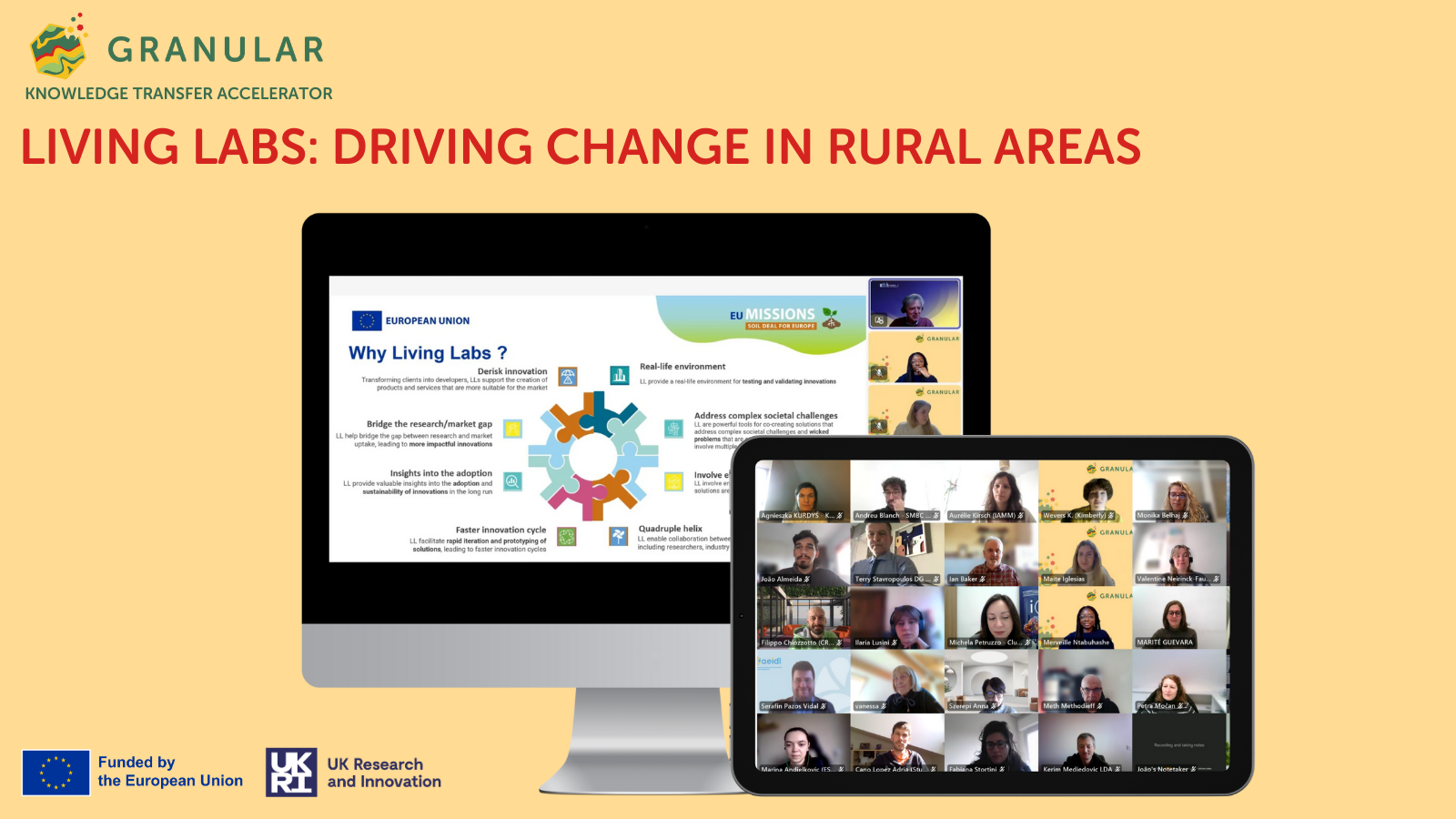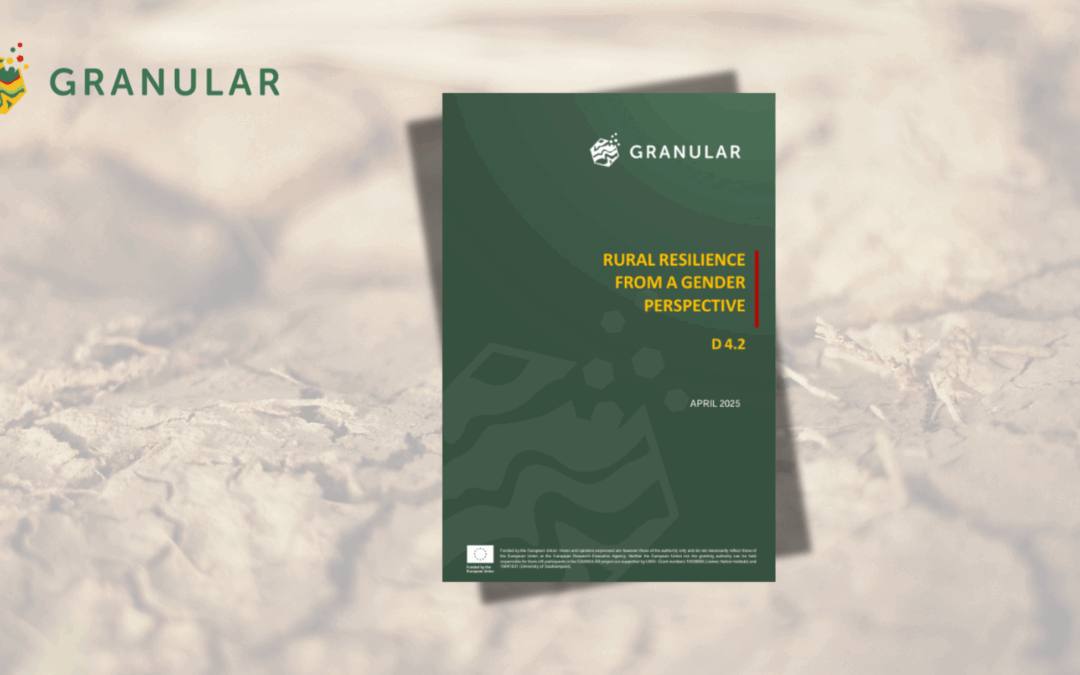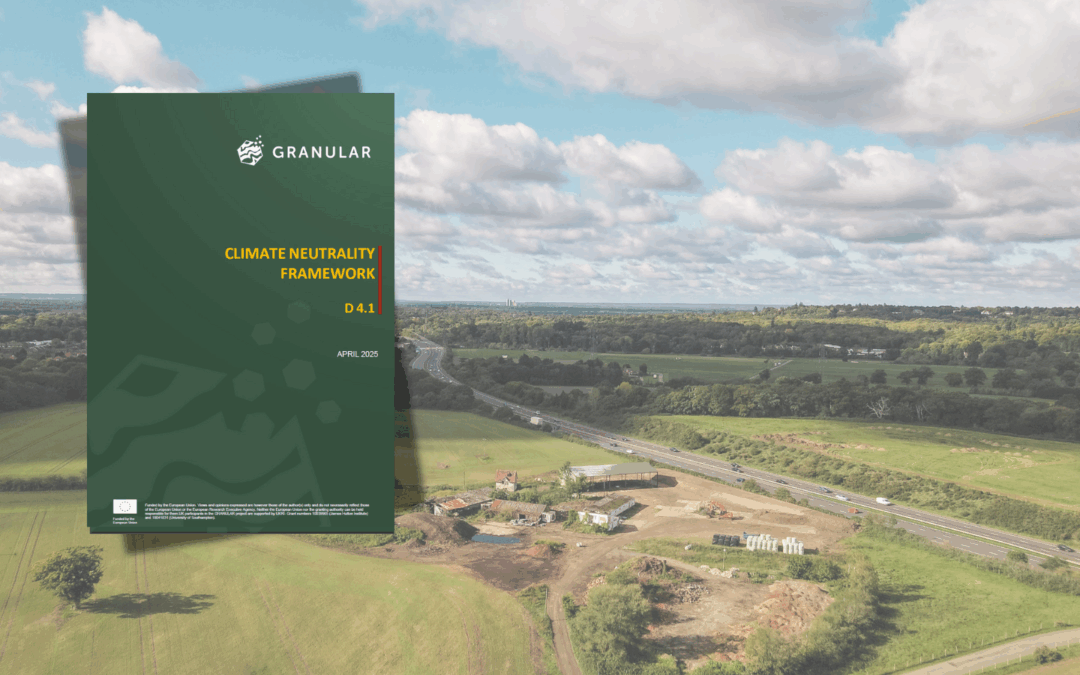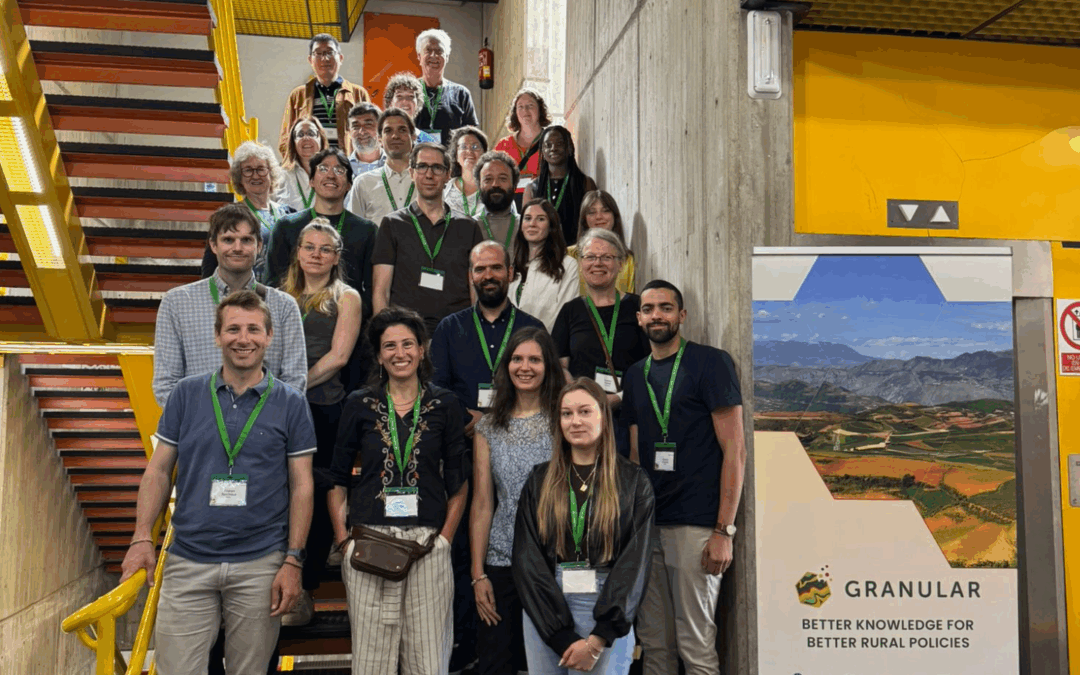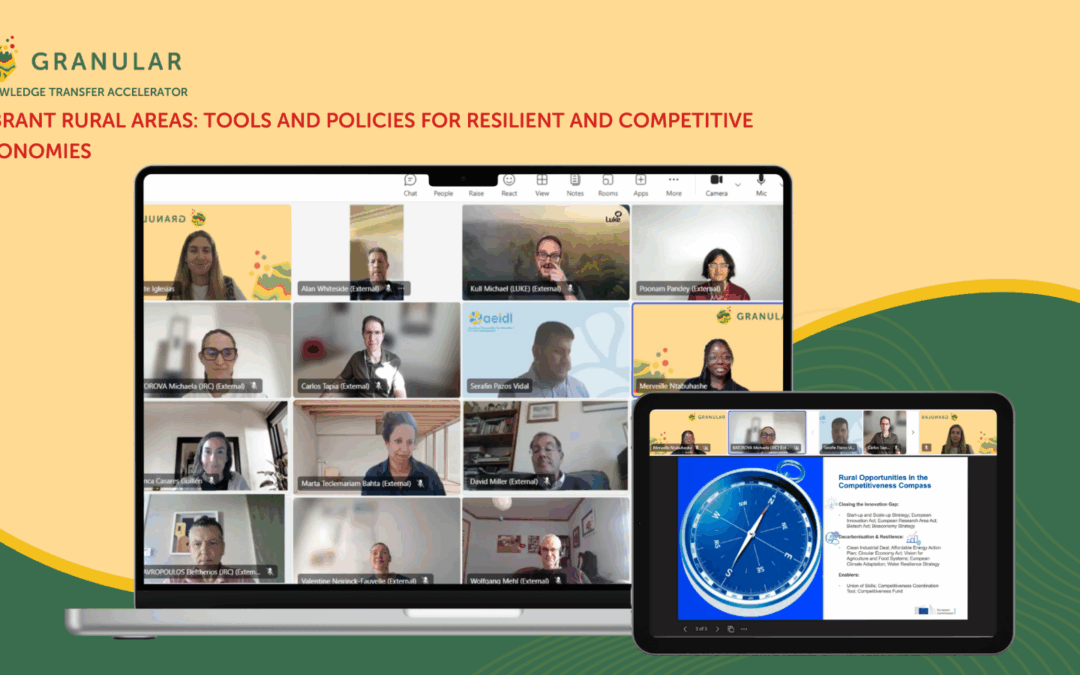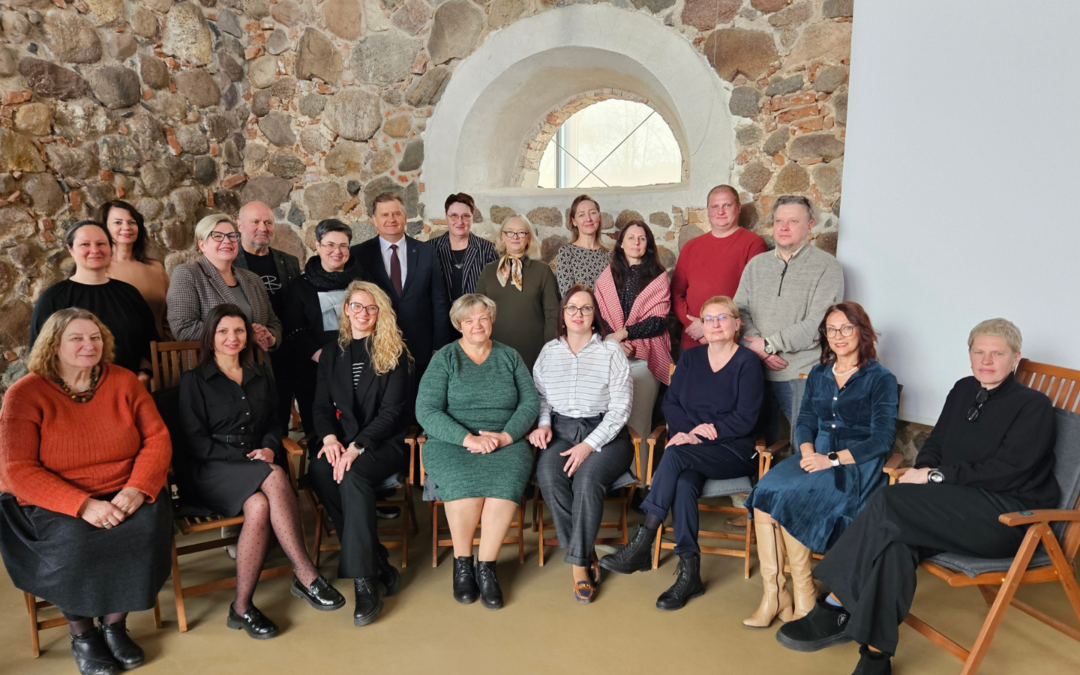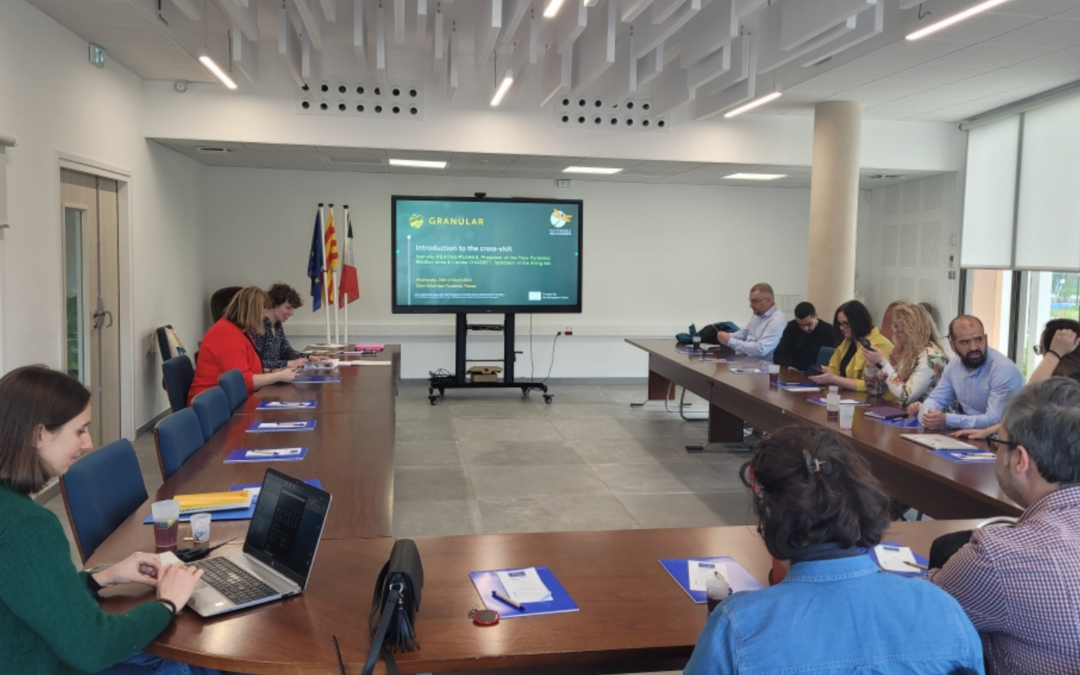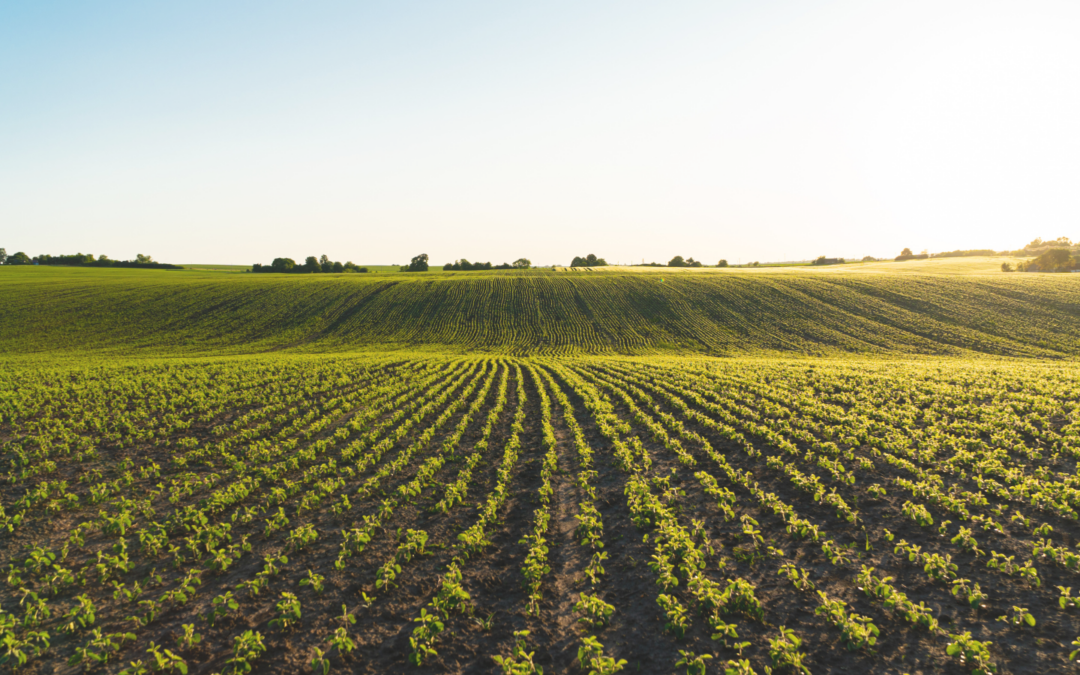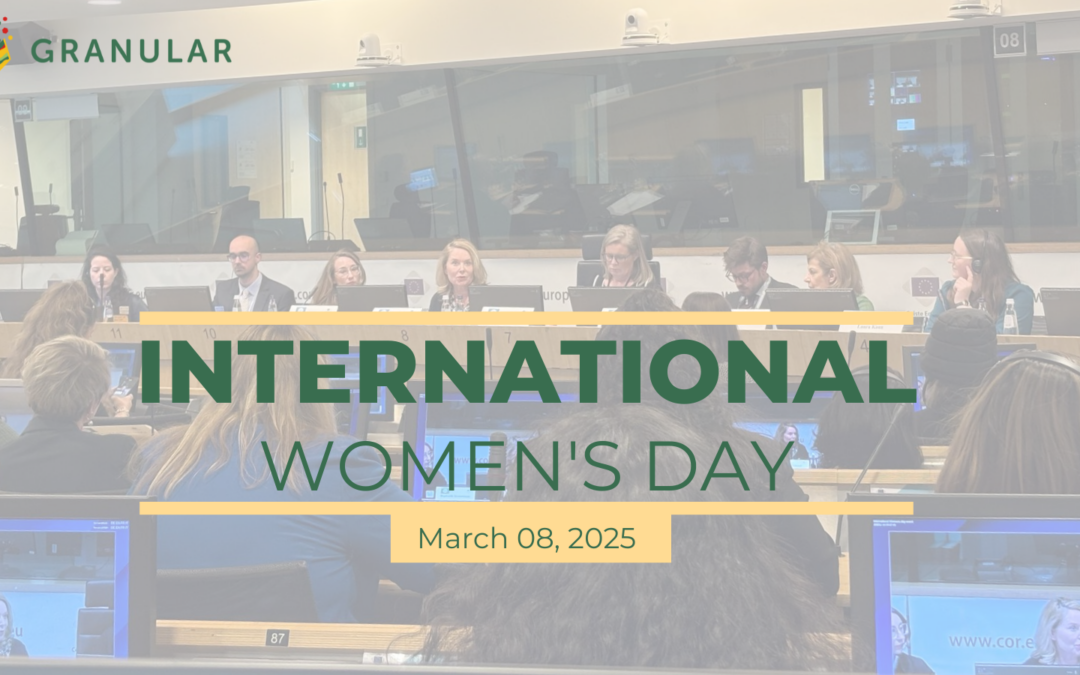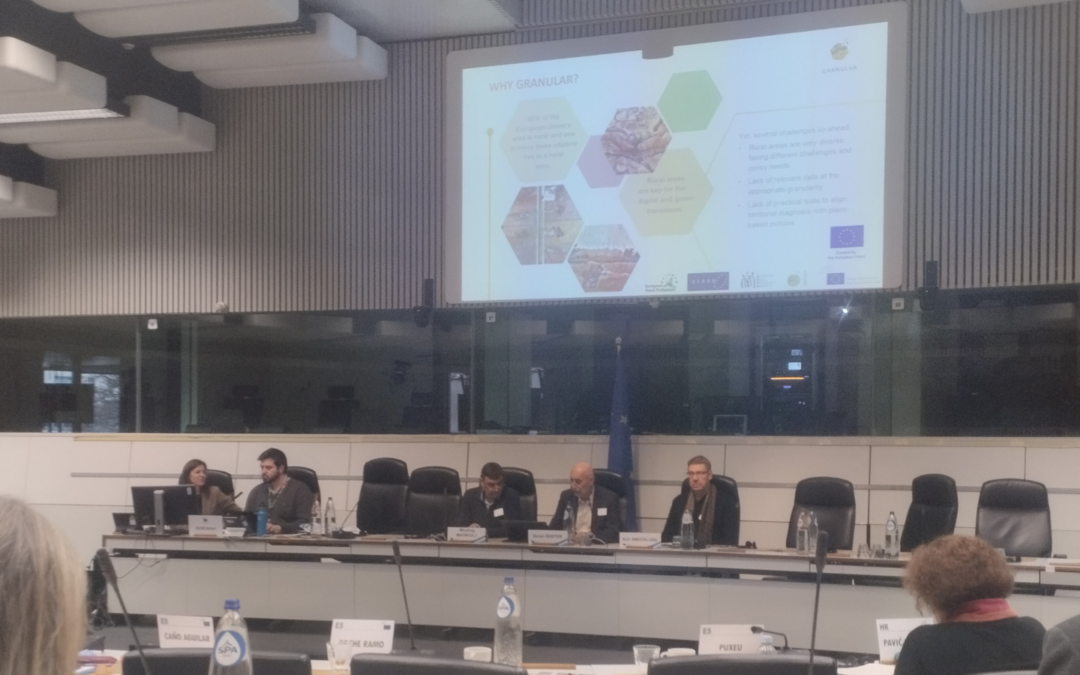Author: Maite Iglesias (AEIDL)
March 18, 2025 – A total of 98 participants joined the latest GRANULAR webinar to explore the transformative role of Living Labs in shaping rural development across Europe. Organised by the European Association for Innovation in Local Development (AEIDL) as part of the GRANULAR Knowledge Transfer Accelerator (KTA), the webinar provided a platform to showcase innovative methodologies, share practical insights, and discuss the future of data-driven rural policies.
Understanding the Role of Living Labs in Rural Research
Benjamin Van Doorslaer, Research Programme Officer at the European Commission’s Directorate-General for Agriculture and Rural Development (DG AGRI), opened the session by outlining the significance of Living Labs in EU research. He highlighted how these collaborative spaces serve as real-life experimentation environments where local stakeholders, researchers, and policymakers co-create solutions to rural challenges.
Mr Van Doorslaer noted that Living Labs have gained prominence within Horizon Europe, particularly in projects related to agroecology, sustainable food systems, and soil health. He stressed that their participatory approach enhances the societal impact of research by integrating end-users from the outset, minimising the gap between innovation and real-world applications.
Showcasing Living Labs in Action
The webinar featured presentations from two GRANULAR Multi-Actor Labs in Poland and the Netherlands, illustrating their ongoing work and key findings.
Agnieszka Kurdyś-Kujawska, from Koszalin University of Technology, introduced the West Pomerania Living Lab, which focuses on fostering short food supply chains and sustainable land-use practices. Given the region’s mix of large agricultural holdings and smaller farms, the Living Lab seeks to enhance rural entrepreneurship and ensure resilient communities.
Data collection methods include desk research, surveys, and case studies to map agri-food distribution channels, assess legal frameworks, and understand land-use changes. Kurdyś-Kujawska highlighted initial findings showing regional disparities in direct farm sales and organic farming potential, emphasising the need for more granular data to tailor policy interventions effectively.
Kimberly Wevers, representing P10 (a network of Dutch rural municipalities) discussed the Netherlands’ Living Lab, which is tackling rural service provision and housing challenges. Using a combination of national statistical data and local qualitative insights, the Lab has assessed accessibility to essential services such as healthcare, transport, and education.
A key takeaway from the Dutch experience is the necessity of integrating formal data with community-driven insights. For instance, while statistics may indicate that a hospital is within a short distance, mobility constraints, such as limited public transport options, can significantly affect access. The Living Lab aims to inform rural-proofed housing policies, ensuring that new developments align with local needs.
Innovative Data Collection for Rural Policy
A panel discussion featuring Marité Guevara and Andreu Blanch from the Osona Living Lab in Spain (part of the RUSTIK project) delved into the role of data in rural policymaking. Marité Guevara described how their team developed a Quality of Life Index tailored to small villages, incorporating both objective data (GIS mapping, air quality sensors) and subjective perceptions (community surveys, participatory mapping).
Andreu Blanch emphasised the challenge of obtaining granular data at the village level, as existing statistics are often aggregated at the municipal scale. By employing innovative methodologies such as Mapitionnaire (a map-based survey tool), the Osana Living Lab has successfully captured local insights on mobility, safety, and public space utilisation.
The Future of Rural Data and Living Labs
A key theme emerging from the discussion was the importance of sustained collaboration between research institutions and local authorities. Both the Dutch and Spanish experiences highlighted the need for structured governance to ensure that Living Lab methodologies continue to inform policy beyond the lifespan of EU-funded projects.
As the webinar concluded, Serafin Pazos Vidal from AEIDL, reiterated the significance of fostering trust among rural communities and decision-makers. He stressed that Living Labs should not only generate data but also empower rural stakeholders to actively participate in shaping their future.
The GRANULAR Knowledge Transfer Accelerator remains committed to supporting this ongoing dialogue. Rural practitioners, researchers, and policymakers interested in contributing to this community can join the KTA network by registering online.
